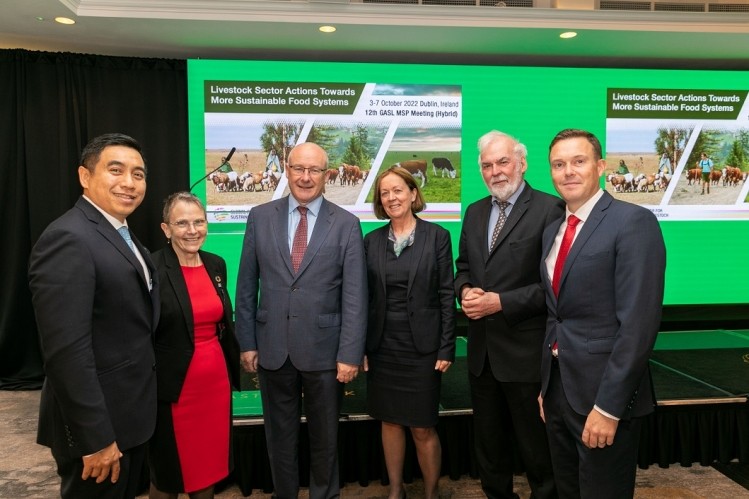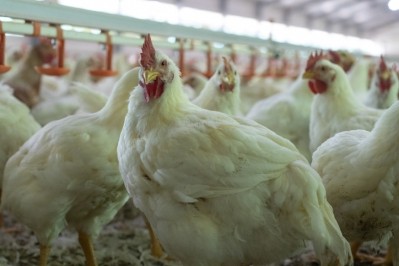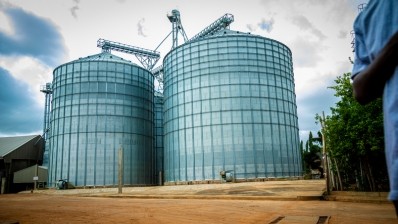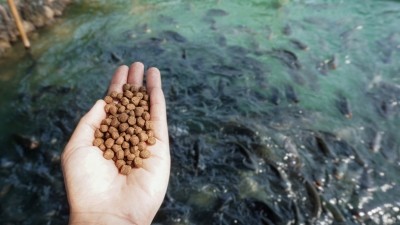Call for greater transparency around red meat studies

Alice Stanton, professor of cardiovascular pharmacology at the Royal College of Surgeons in Ireland and director of human health at Belfast headquartered animal nutrition supplier, Devenish, said policy makers should be extremely wary of any studies which aren’t “rigorously and transparently evidence based and ignore the protections against nutritional deficiencies afforded by animal-sourced food.”
She was speaking at the 12th Global Agenda for Sustainable Livestock (GASL) multi-stakeholder meeting, which was held this week in Dublin; over 150 professionals from 42 countries attended. GASL aims to encourage the global livestock sector to display and commit to actions toward more sustainable, inclusive, and resilient livestock systems as part of a global food system transformation.
In her address, Professor Stanton highlighted the protective effects of animal-source foods, including red meat, and emphasized the need for clear and consistent evidence-based health messages.
She told the attendees: “Animal-source foods are an important source of many key health promoting nutrients and, as part of a balanced diet, they protect against nutritional deficiencies, helping to reduce the likelihood of childhood stunting, iron deficiency anaemia, and elderly frailty."
In recent months, the scientist led a campaign calling for the authors of the influential Global Burden of Disease (GBD) Risk Factors study to provide evidence for the dramatically increased number of deaths attributed to unprocessed red meat consumption, contained in The Lancet published GBD 2019 report.
She stressed how vital it is that public health messaging is based on accurate scientific data: "That is why I am campaigning for greater transparency in the evidence used to inform policy."
In a letter published in The Lancet in February 2022, Professor Stanton and five other academics, raised concerns about what they saw as the dramatic differences in estimates of disease burden attributable to unprocessed red meat cited in GBD 2019 compared to the GBD 2017 study. The co-authors were Prof Chris Elliott (Queen’s University Belfast); Prof Frederic Leroy (Vrije Universiteit Brussels); Prof Neil Mann (University of Melbourne); Prof Patrick Wall (University College Dublin); and Prof Stefaan De Smet (Ghent University).
Christopher Murray, one of the authors of the GBD report, responded to the claims made by Stanton et al.
In August, other experts from the World Cancer Research Fund (WCRF) International weighed in on the debate.
Livestock’s role in human nutrition
The contribution of livestock to food security, sustainable agrifood systems, nutrition and healthy diets was also on the agenda at the joint International Feed Industry Federation (IFIF) and Food and Agriculture Organization of the United Nations (FAO) annual meeting, held in Rome at the FAO headquarters on 22-23 September 2022.
Badi Besbes from the animal health and production unit of the FAO and secretary of the new Sub-Committee on Livestock (SCL) of FAO’s Committee on Agriculture (COAG), gave the delegates an update on that sub-committe’s work.
The group, which was established in October 2020 with a mandate to discuss and build consensus on livestock related topics and priorities and also to advise COAG on the burning issues, will evaluate the role the livestock sector plays in reducing hunger and supporting livelihoods worldwide in a context of sustainable agriculture and food systems.
Its first report, one summarizing its findings on the contribution of animal farming to human nutrition, is expected to be released this autumn.
There is limited data on the benefits of livestock production in relation to carbon sinks and rural livelihoods, noted Alexander Döring, secretary general, FEFAC.
“The FAO group wants to investigate the impact of animal agriculture in the context of the UN SDGs; its work will cover the whole range of sustainability pillars, looking at the impact of livestock production from an economic, social, and environmental perspective. The sub-committee will rely on a fact-finding, science-based approach,” he told this publication last week.








